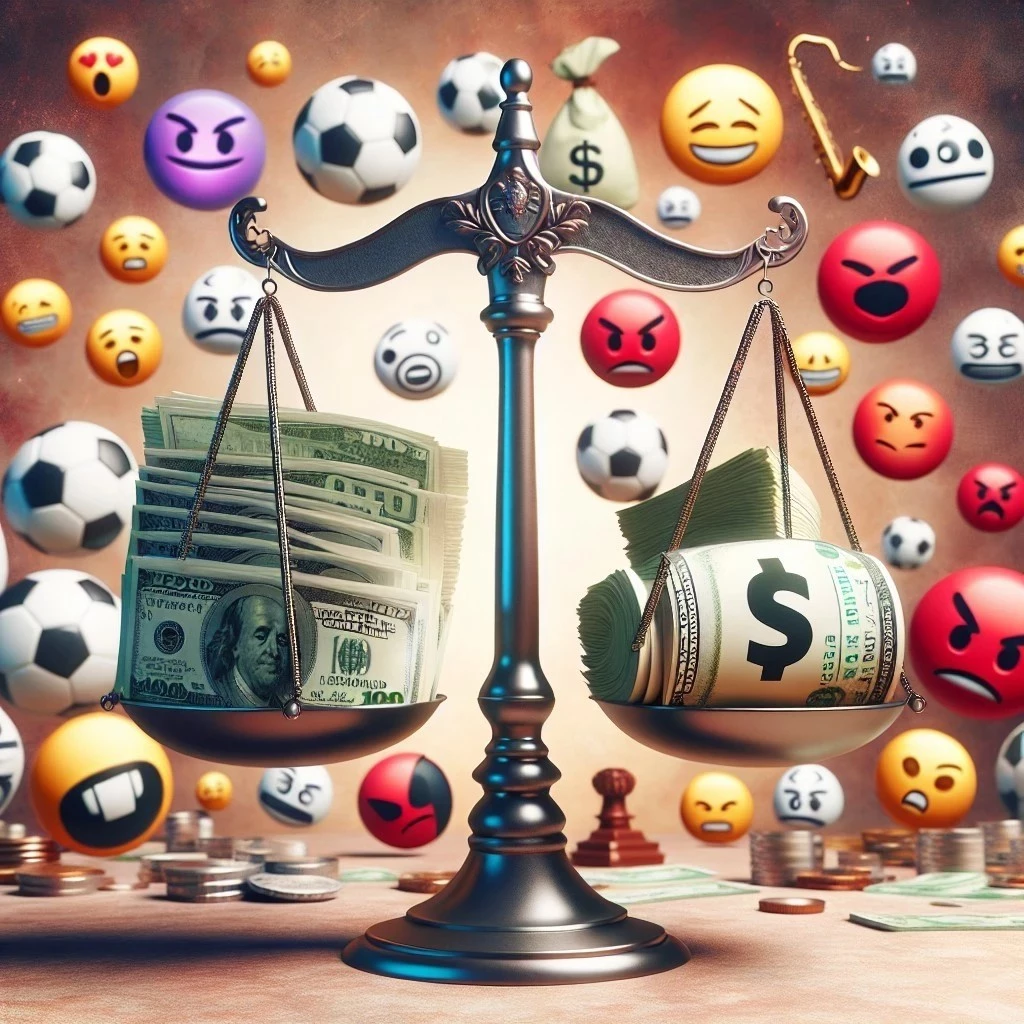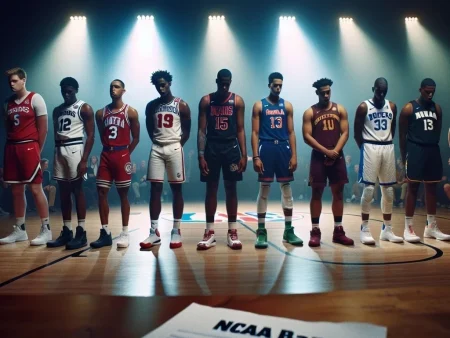Discover how Illinois’ new sports betting tax system could impact casual gamblers and state revenue. Explore the potential effects on all stakeholders.
Illinois Sports Betting Tax Changes: Impact on Casual Gamblers and Industry Reactions
Wellcome Offer:
200% up to $2,000
+ 100 Free Spins
The winnings from your free spins will be credited as bonus funds. Exclusively available for new players with fair wagering requirements.
Wellcome Offer:
250% Bonus up to $5,000
+ 100 Free Spins
Claim your bonus and spin your way to big wins! Minimum deposit of $20 required. Wagering requirements apply. Bonus valid for 30 days.
Get up to:
100% up to $1,000
+ 300 Free Spins
You need to deposit at least $25 to be eligible for this bonus. The maximum amount of money you can withdraw from this bonus is limited to $20,000 or 10-times.
Welcome Package:
500% up to $5,000
+ 250% on your 2nd and 3rd deposits
This welcome package rewards new players across their first three deposits. A minimum deposit of $25 applies, with a wagering requirement of 60x before withdrawals.
Wellcome Offer:
250% up to $1,500
+ 100 free spins
Whether you prefer generous deposit bonuses or a bundle of free spins, Cafe Casino’s welcome offer has everything you need to enhance your gaming adventure.
Wellcome Offer:
500% bonus up to $7,500
+ 150 free spins
If you're after big deposit bonuses or a load of free spins, Ducky Luck Casino’s welcome package sets the stage for an exciting gaming adventure.
Welcome Offer:
200% up to $2,000
+ 100 Free Spins
This welcome package combines a deposit match with free spins, giving new players a powerful way to kick off their VoltageBet journey.
Wellcome Offer:
200% up to $1,000
+ 30 free spins
Lovers of slot games and those looking to boost their deposit will find Slots LV Casino’s welcome offer the perfect way to jumpstart their gaming journey.
Wellcome Offer:
200% up to $500
+ Free Spins
Terms typically include standard wagering requirements and a limited validity period. Offers vary by deposit method and player eligibility.
Wellcome Offer:
250% up to $1,500
+ 50 Free Spins
All winnings from free spins are credited as bonus funds, with fair wagering requirements. Exclusive to new players.
The state of Illinois has recently introduced changes to its sports betting tax system, sparking discussions about the potential impacts on various stakeholders. While the intention behind the legislation is to increase state revenue, there is growing concern that the new tax might disproportionately affect casual gamblers.
Background of the Legislation
In an effort to boost its financial coffers, Illinois passed new legislation that modifies how taxes are applied to sports betting activities. The state government aims to capitalize on the burgeoning gambling industry by adjusting its taxation policy to capture more revenue from wagering activities.
Tax Implications
The new tax structure is designed to increase the state’s share of the lucrative gambling market. However, this financial impact could have economic consequences for individual bettors, particularly those who engage in betting as a recreational activity rather than as a professional endeavor.

Impact on Casual Gamblers
For casual gamblers who participate in sports betting for entertainment, the increased tax burden could make their hobby more expensive. Unlike professional gamblers who might have the resources and strategies to absorb such costs, casual bettors may find their consumer behavior affected. This could result in reduced participation in sports betting or a shift towards alternative forms of entertainment.
Reactions from the Gambling Industry
Sportsbook operators have expressed concerns that the new tax regime could deter potential customers, particularly those who are not heavily invested in gambling activities. The increased costs associated with higher betting odds and taxation might lead to a decline in betting volume, thereby affecting the industry’s profitability.
Regulatory Considerations
The state must carefully balance its desire for increased revenue with the need to maintain a healthy and competitive gaming environment. Overly aggressive taxation could drive gamblers to seek more favorable conditions in neighboring states or through unregulated channels.
Fiscal Effects on Illinois
While the immediate fiscal effects for Illinois might be positive due to increased tax collections, the long-term consequences could include a shrinking customer base and a less vibrant sports betting scene. This scenario underscores the importance of crafting regulations that support sustainable growth in the gambling sector.
As Illinois navigates the complexities of adjusting its sports betting tax policies, it must weigh the potential benefits against the risks of alienating casual gamblers. A comprehensive approach that considers the diverse needs of all stakeholders, including recreational bettors and industry operators, will be essential to ensure that the state’s objectives are met without unintended negative repercussions.

























